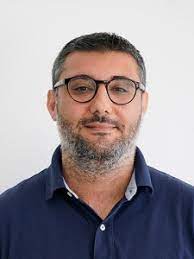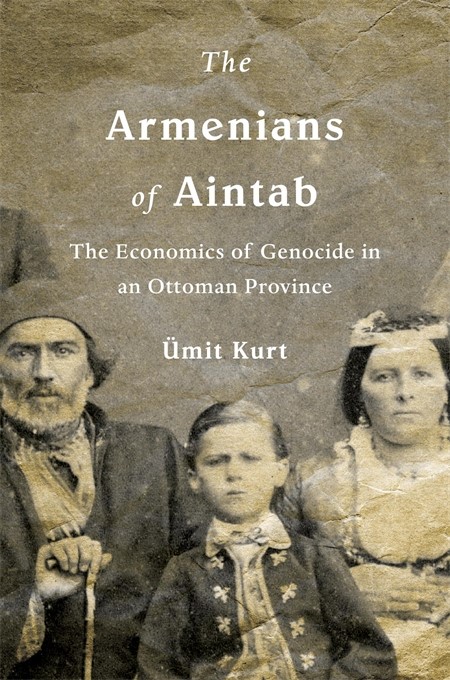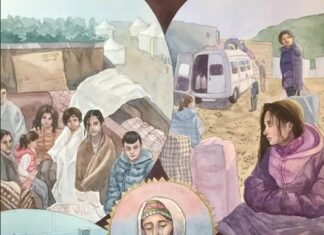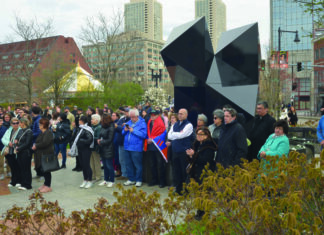FAIR LAWN, N.J. — On Tuesday, May 11 at 7:30 p.m. (ET), join historians Ümit Kurt and Dirk Moses for a conversation on Kurt’s new book, The Armenians of Aintab: The Economics of Genocide in an Ottoman Province.
“If genocide, as a practice that includes murder and plunder, is orchestrated by a central authority but implemented at the local level,” Kurt asks, “what is the relationship between local and central authorities?” What are the incentives and motives that leads to mass participation?
In his new book, Kurt challenges the depiction that state-sponsored genocide in all its dimensions could be carried out by the central government by edict and, instead, examines how local actors and even ordinary Muslims are complicit.

To borrow from former House Speaker Tip O’Neill, Kurt shows how “all genocide is local” and invokes Donald Bloxham and Moses’ observation that “location tells us much about the political calculus underpinning genocide.”
Kurt and Moses will examine how primary sources from Armenian, Ottoman, Turkish, British, and French archives, as well as memoirs, personal papers, oral accounts, and newly discovered property-liquidation records together provide an invaluable account of genocide at ground level.

Kurt a historian of the modern Middle East, with a research focus on the collapse of the Ottoman Empire, specializes in the late Ottoman socio-economic history, Armenian genocide, mass violence and interethnic conflicts. His broader training also includes the comparative empires, population movements, history of the Ottoman urban and local elites, wealth transfer and nationalism. He received his Ph.D. from the Department of History at Clark University. He is a former post-doctoral fellow at Harvard University, the current Polonsky Fellow at Jerusalem’s Van Leer institute and teaches in the department of Islamic and Middle Eastern Studies at the Hebrew University of Jerusalem.










